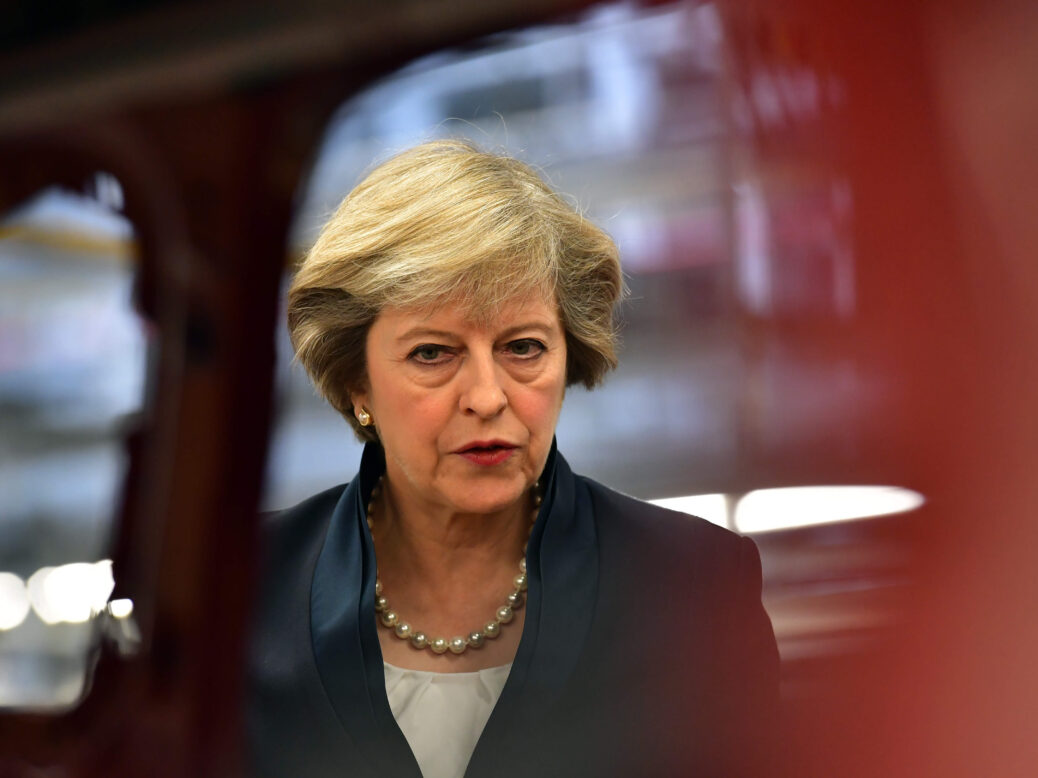
MPs have approved a binding motion that will force the government to publish in full the legal advice it receives on the final Brexit deal. A humble address tabled by Labour passed unopposed after Conservative MPs were whipped to abstain, having won the support of the DUP and several Tory Brexiteers.
It demanded: “That an humble Address be presented to Her Majesty, that she will be graciously pleased to give directions that the following papers be laid before Parliament: any legal advice in full, including that provided by the Attorney General, on the proposed withdrawal agreement on the terms of the UK’s departure from the European Union including the Northern Ireland backstop and framework for a future relationship between the UK and the European Union.”
Labour used the same (once arcane) procedure to secure the publication of the government’s Brexit impact assessments in November, and ministers tried vainly to prevent its passage today. Such a move is unprecedented: David Lidington, the de facto deputy prime minister, had criticised the broad wording of the opposition’s motion and argued that it would require the publication of some 5,000 pieces of legal advice from every department on Whitehall, a charge Keir Starmer denied.
By way of a compromise, Lidington instead offered to publish a “full, reasoned position statement” with a legal summary of the Brexit deal once it is completed (an ERG amendment had asked verbatim for the same thing, but it was not selected by the Speaker for debate, and Lidington’s argument was also endorsed by Tory Remainer and QC Dominic Grieve). He also promised that MPs would have the opportunity to question Geoffrey Cox, the attorney general, on his advice. However, that offer neither matched what Labour was asking for nor convinced them to withdraw their humble address, which was thus the nod.
Ministers now have to square their offer of a legal statement with their requirement to comply with Labour’s motion, which is both binding and more extensive in what it demands them to do. The political consequences of doing so are unlikely to be helpful. It effectively strips Theresa May of her ability to spin whatever deal she strikes to the MPs whose support it needs to pass the Commons: Tory Leavers and the DUP. The legal consequences of signing up to the withdrawal agreement and backstop deal will be plain for all to see – and, significantly, they will have been laid out by Cox, respected by colleagues within and without cabinet as a pukka Brexiteer.
There is a simple and familiar lesson to be drawn from this. As we have already seen with this week’s rebellion on fixed-odds betting terminals, May and her whips have again been reminded that their working majority can disappear very quickly – especially once they lose the support of their unionist allies – and that it is almost certain to do so if she does not change course. Ruder reminders of parliamentary arithmetic will follow. “Across the political divide, it is now clear that offering a few crumbs, nods and winks won’t cut it,” a DUP source says. With a deal close in Brussels, however, the Prime Minister is unable and unwilling to offer anything but.





